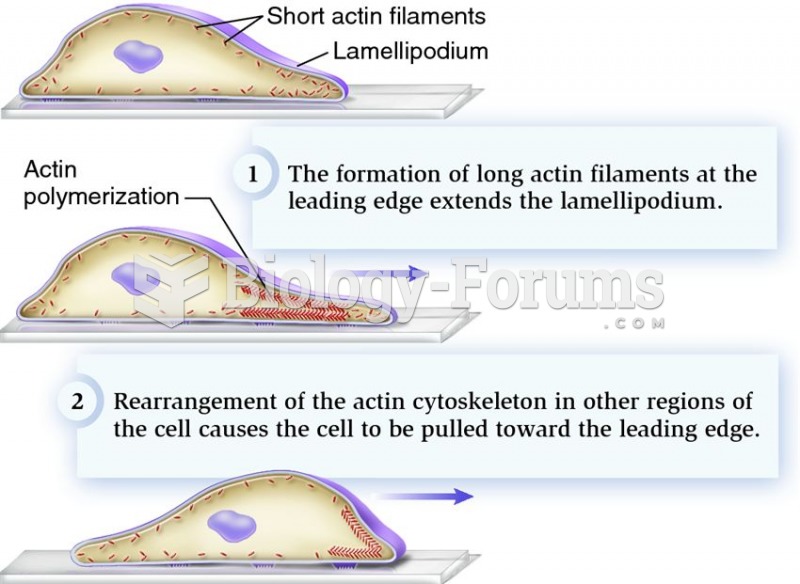Answer 1
Answer: A
Answer 2
The ideal answer should include:
1. Johnson had a background as a legislator and a belief in himself this led to success in other areas, but an unwillingness to admit failure in Vietnam.
2. Nixon thought that he could win the war in Vietnam, which led him to continue the war there, but his conservatism allowed him to approach Communist China.
3. Nixon also moved the United States toward a more conservative path at home as he aimed for re-election. But he did champion some liberal efforts too, like the Environmental Protection Agency.
4. Nixon always aimed for a political advantage, which resulted in his ignoring the economic crisis of the early 1970s.
5. Carter believed in a moral path, which led him to make a moral call for a different energy policy, which failed.
6. However, he did have some success overseas, like the Camp David Accords, which led to peace between Egypt and Israel. He was ultimately undone by circumstances beyond his control, most notably the Iran hostage crisis.
Answer 3
The ideal answer should include:
1. The first factor was the lack of a strong Democratic opponent to Richard Nixon. Lyndon Johnson dropped out of the race relatively late, and then Robert Kennedy, the front-runner, was assassinated. Eugene McCarthy tried for a while, but did not get the nomination. This left Hubert Humphrey, who was tied to LBJ.
2. The second factor was Vietnam most Americans were not happy with the progress of the war, but they were not ready to quit the war either. They were looking for someone to show them the best way out of the morass, without admitting defeat.
3. A third factor was the counterculture much of America tied the counterculture to the Democrats, particularly after the violence that broke out at the Democratic National Convention in Chicago, and wanted someone to silence them.
4. Nixon claimed to have a secret plan to end the Vietnam War, although it was later revealed that this was not true.
5. Nixon openly appealed to the silent majority of white middle class voters.
6. He also used increasing fears about crime and street violence as a wedge issue to split worried white voters from the Democrats.
7. This strategy won him a surprisingly close election.
Answer 4
The ideal answer should include:
1. The Students for a Democratic Society (SDS) set the tone for most of these movements, but each movement had its own audience.
2. The antiwar movement opposed the war and tried both to avoid the draft and end the war.
3. As part of the growing counterculture, millions of young people in the second half of the 1960s expressed their alienation from American society by sampling drugs or chasing the rainbow of a youth culture.
4. The hippies were a subset of the counterculture and used large amounts of drugs and sometimes even believed that they could reach an alternate consciousness through those drugs.
5. The Black Power movement took many forms: control of one's own community through the voting machine, celebration of the African American heritage, creation of a parallel society that shunned white institutions. Some expressed interest in the Nation of Islam, but fractures within the movement and government repression ended their efforts.
6. The New Left succeeded in creating a new grassroots movement of militancy and interest in the wider world, but failed in bringing about any permanent change.







